SERVICE SOCIAL OF CULTURAL ANTHROPOLOGY STUDY PROGRAM WITH ADJASI IN TERUNYAN TRADITIONAL VILLAGE
As a series of activities of the Adjasi Congress while in Bali, on September 12, 2024. The Cultural Anthropology Study Program of UNUD as the host, brought anthropology lecturers from all over Indonesia to visit the traditional village of Terunyan. Because the traditional village of Terunyan still maintains its cultural activities, one of which is a unique way of burying corpses. Where the corpses are only placed on the ground without being buried or cremated as is generally the case. Uniquely, even with this unique method, the sacred burial site does not produce a foul odor. The condition of the burial site is known to be clean and fragrant.
The series of activities on September 12, 2024 started with a visit to SD Negeri 1 Terunyan. At the school, there was a socialization of healthy living, especially in maintaining healthy teeth for students of SD Negeri 1. After the socialization activity, it continued with a visit to the open graves of Terunyan village. To reach the area, dozens of boats were needed to transport Adjasi members across Lake Batur to the cemetery area. While in the area, Adjasi participants were very enthusiastic about observing the area and even observed one of the bodies that had only been laid out for about a week. After visiting the open grave area, the participants returned to Terunyan village and continued the discussion with the head of Terunyan village. The discussion lasted quite a long time because the participants had many questions for the village chief. Because of the curiosity of anthropology researchers, because they saw one of the unique forms of culture in Bali.
The results of this community service activity will be in the form of anthologies written by Adjasi participants. It is hoped that the results of this work can contribute to the sustainability of culture in Terunyan village. At the same time, it can indirectly promote Terunyan village as one of the villages that still maintains its original culture.
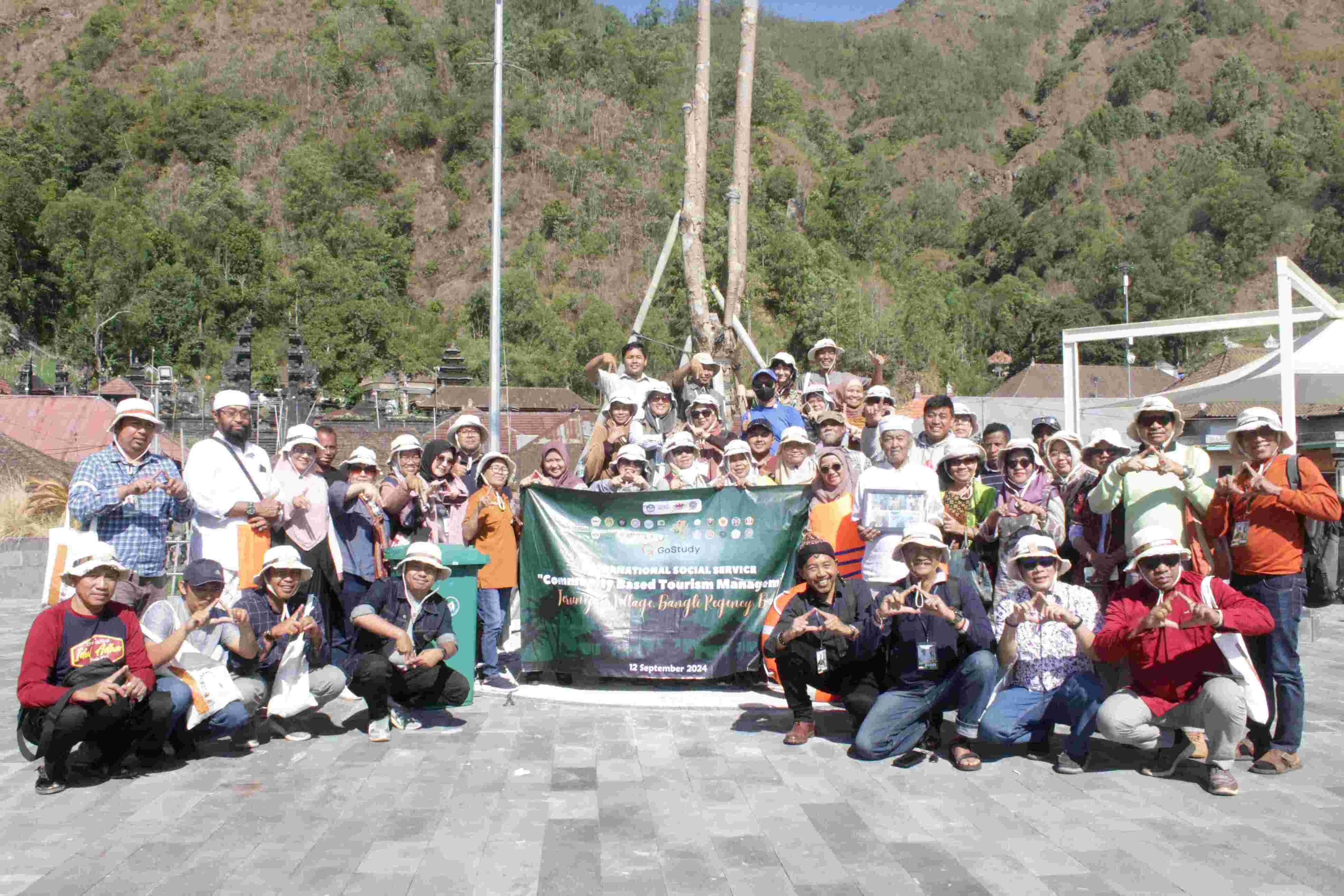
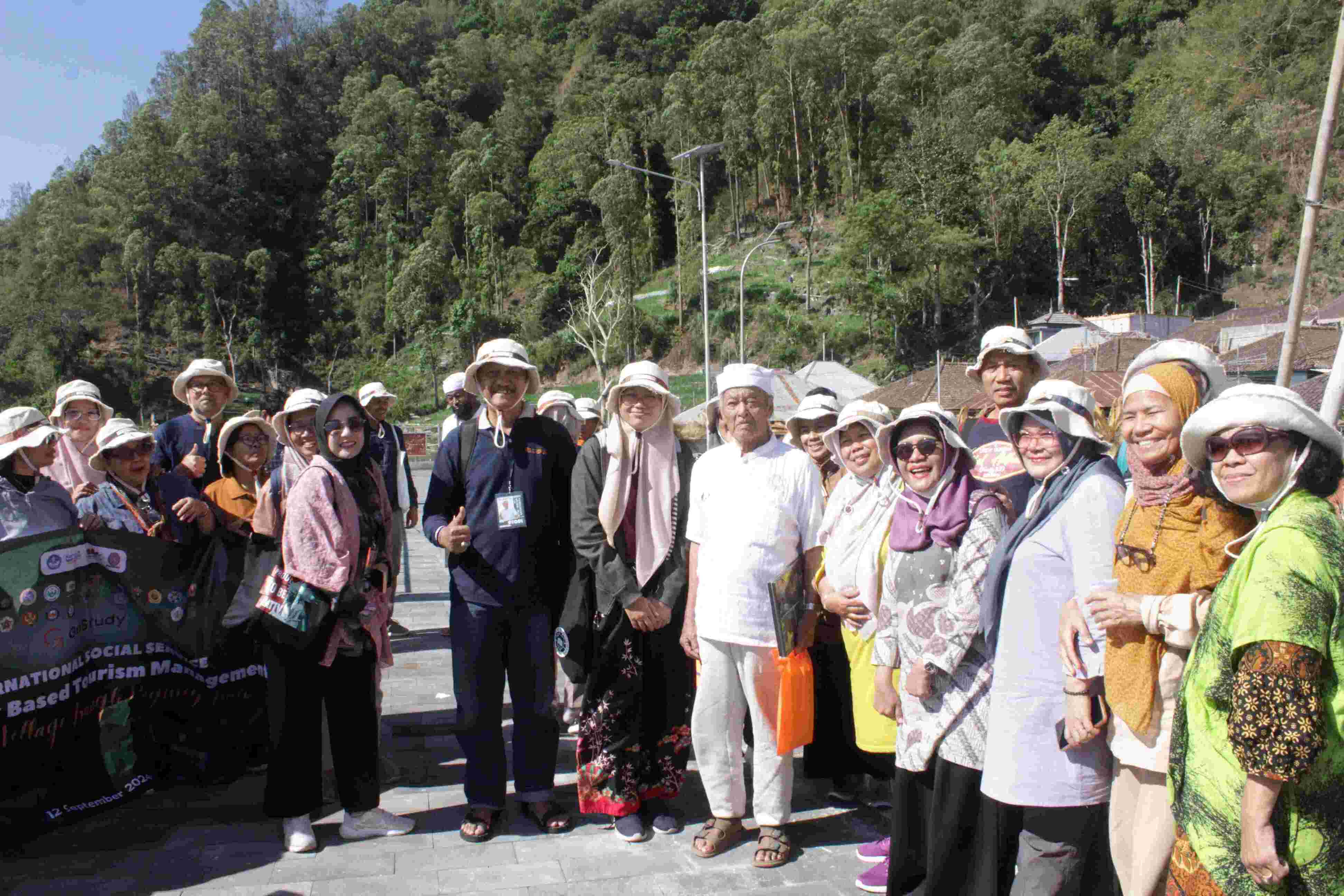
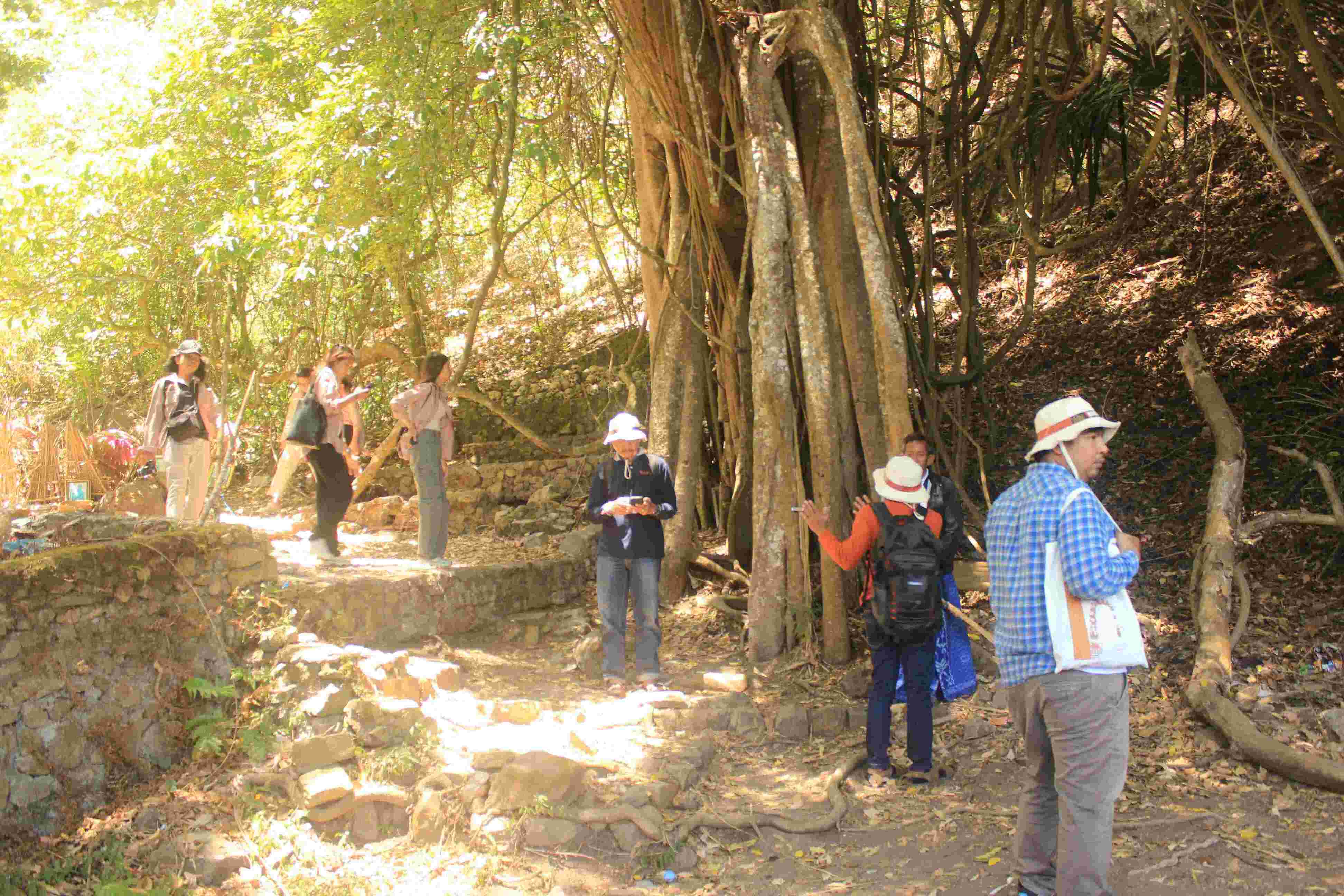
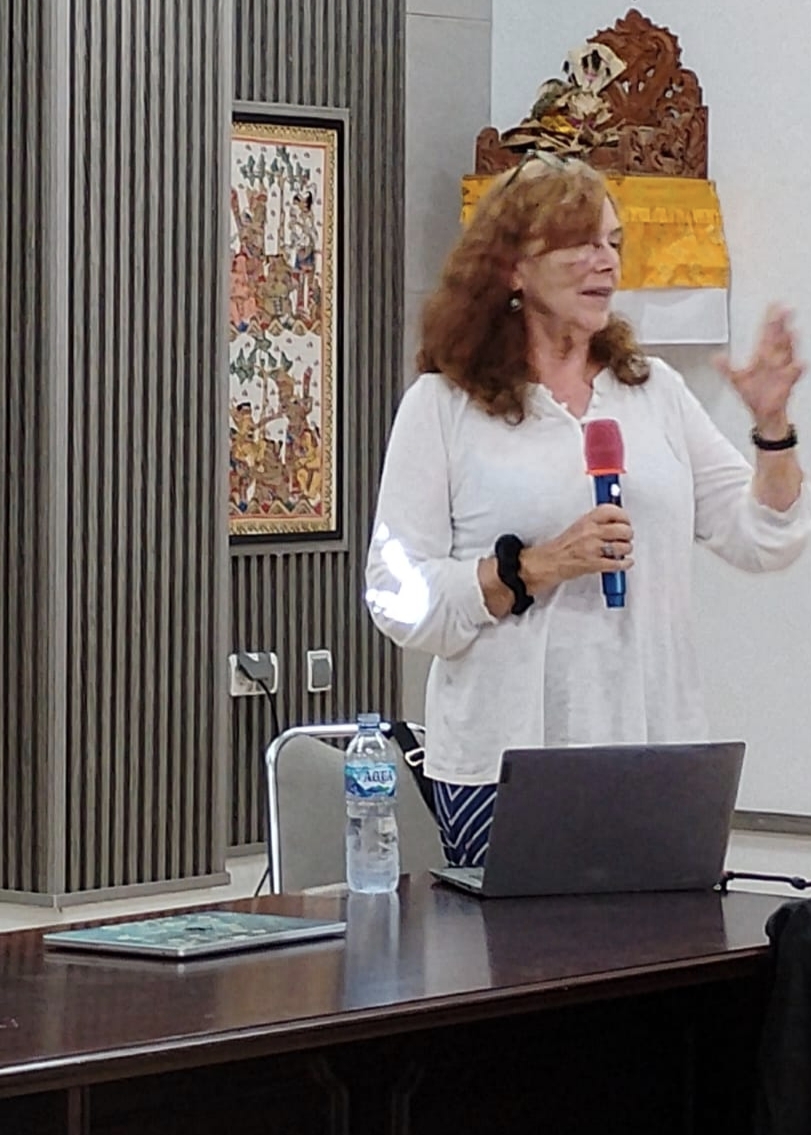
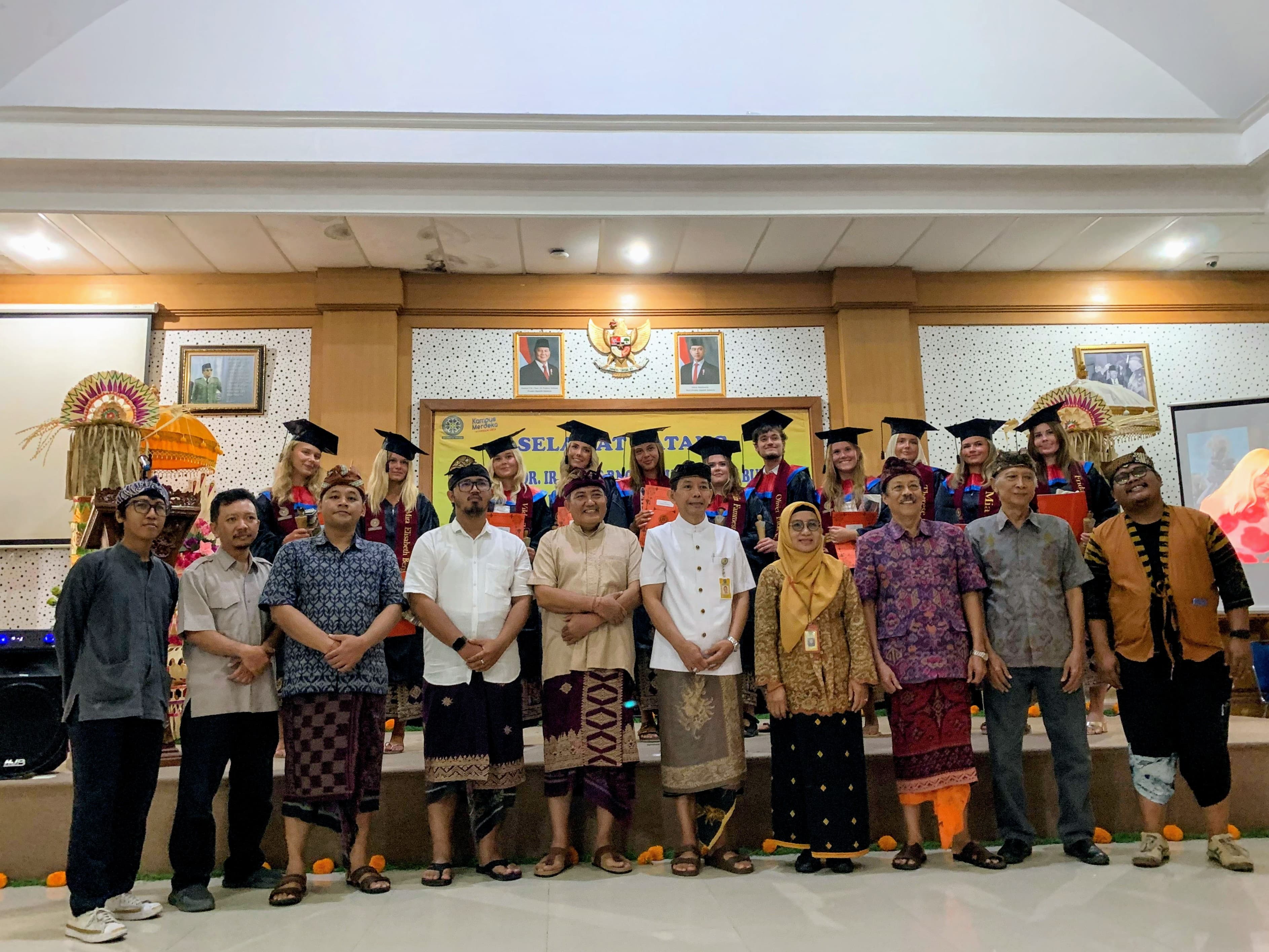
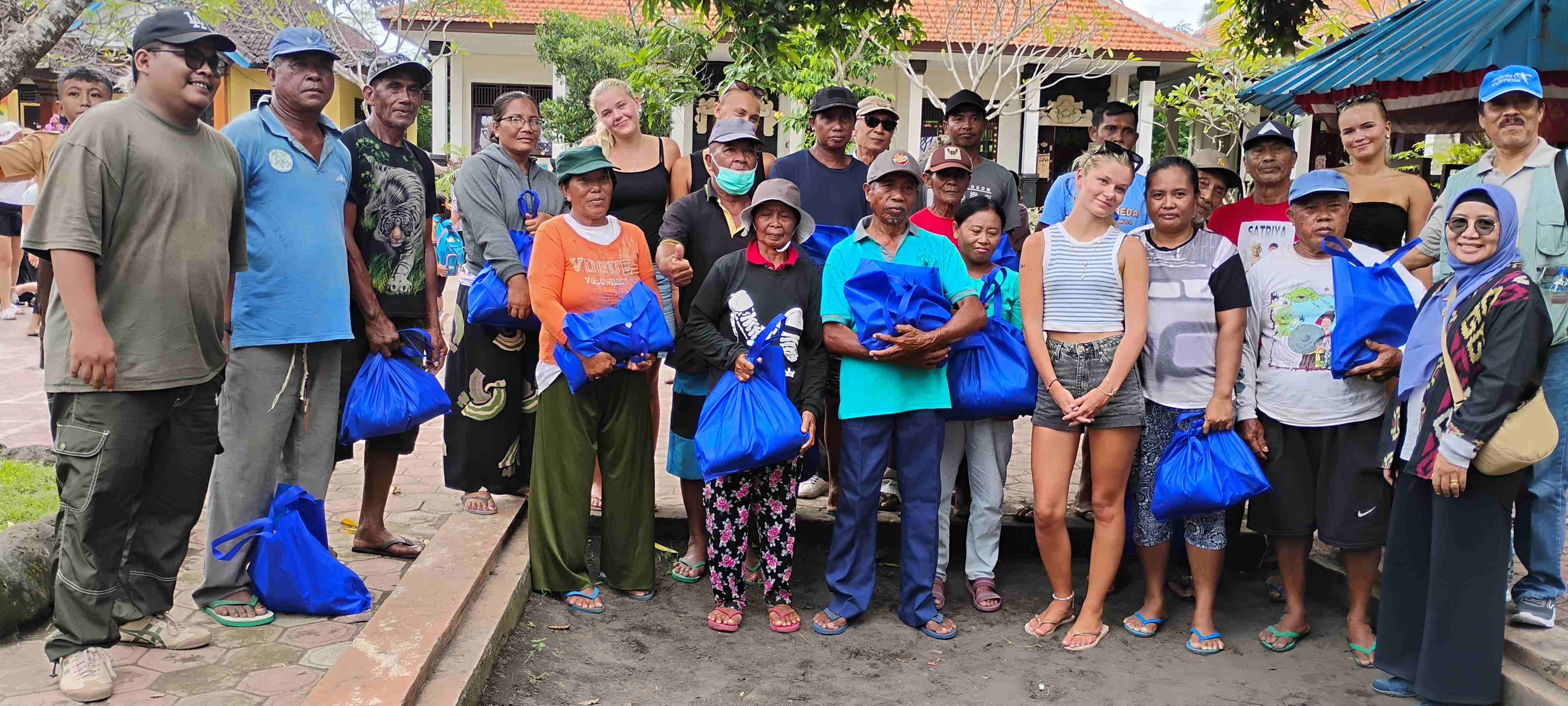
FACULTY OF HUMANITIES